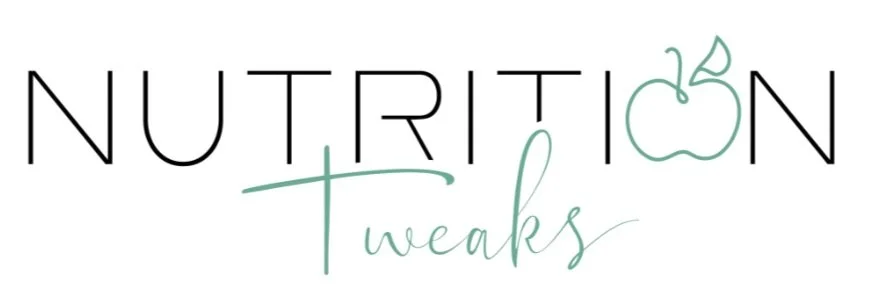Fertility-Friendly Meals: How to Eat for Long-Term Success Without Fad Diets
When it comes to fertility, it’s tempting to follow the latest fad diet or cut out whole food groups in the hope it will boost your chances of conceiving. But as a fertility dietitian, I see this approach often backfire. Extreme restrictions can harm your nutrient intake, disrupt hormones, and even make conception more difficult.
From cutting carbs to avoiding dairy or gluten, it’s easy to get caught in a whirlwind of do’s and don’ts. But as a fertility dietitian, I can tell you: focusing on balanced, fertility-friendly meals that you can actually stick to beats fad diets every time. Cutting out entire food groups may seem helpful, but it can actually make it harder to conceive.
Why balanced nutrition matters for fertility
Your body needs a mix of nutrients to support ovulation, implantation, and early pregnancy. Many people go wrong by under-eating carbohydrates, skipping protein, or not including enough nutrient-dense fats and antioxidant-rich foods. These gaps can affect hormone balance, egg quality, and even sperm health.
Carbohydrates: Far from being the enemy, carbs are essential for hormone regulation and supporting implantation. Research shows that aiming for at least 48 grams of complex carbohydrates per day can help improve chance of implantation. Think oats, quinoa, sweet potatoes, and wholegrain breads.
Add more Plant Protein: Swapping out meat protein for just 25 grams of plant protein per meal—like beans, lentils, tofu, checkpeas—can make a measurable difference in fertility outcomes.
Healthy fats: Fats from avocado, olive oil, walnuts, and seeds are vital for hormone production and help the body absorb fat-soluble vitamins like A, D, E, and K. For men, fats from walnuts and olive oil have been linked to improved sperm quality.
Antioxidant-rich foods: Colourful vegetables and fruits provide antioxidants that help reduce oxidative stress. Key foods like tomatoes (lycopene), berries, and leafy greens support both egg and sperm health.
Why fad diets backfire
It’s tempting to try quick-fix diets that promise faster results. But eliminating entire food groups or restricting calories too severely can:
Lead to nutrient deficiencies, affecting egg and sperm quality.
Increase stress and cortisol levels, which can interfere with fertility.
Make it harder to stick with healthy eating long-term, reducing your chances of conception overall.
The goal isn’t perfection—it’s consistent, evidence-based nutrition that supports your body’s reproductive system.
Practical tips for fertility-friendly meals
Combine carbs, protein, and healthy fats in every meal. This stabilises blood sugar, keeps energy levels steady, and supports reproductive hormones.
Incorporate key fertility foods: Tomatoes for lycopene, walnuts for sperm health, spinach for folate, and oily fish for omega-3s.
Plan small, balanced meals throughout the day: Prepared snacks or meals ensure you’re getting enough nutrients even when stress and fatigue strike.
Listen to your body: Hunger and fullness cues matter. Over-restricting can backfire, while mindful eating supports your overall fertility journey.
Why working with a fertility dietitian matters
Having a fertility-focused dietitian can make all the difference. I can analyse your eating patterns in depth, identify gaps you might not even realise you have, and provide personalised recommendations. Generic apps and meal plans often miss subtle but important details—like whether you’re really hitting your protein targets, getting enough iron or folate, or including foods shown to support sperm and egg quality.
Your Fertility Meal Guide
To make things even easier, I’ve created my Fertility Meal Recipe Guide. It’s packed with practical, tasty recipes that include the right balance of carbohydrates, protein, fats, and key fertility nutrients. No fad restrictions, no stress—just real food to support long-term fertility success.
Trying to conceive is a journey, and your nutrition is one area where you can take control. By focusing on balance, sustainability, and nutrient-rich, fertility-friendly meals, you’re giving your body the best chance to thrive—without the overwhelm of fad diets or conflicting advice.
Ready to take the next step?
Download your Fertility Meal Recipe Guide today and start nourishing your fertility with confidence.
